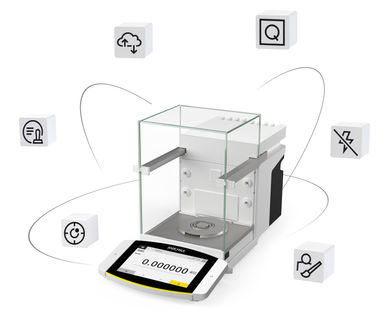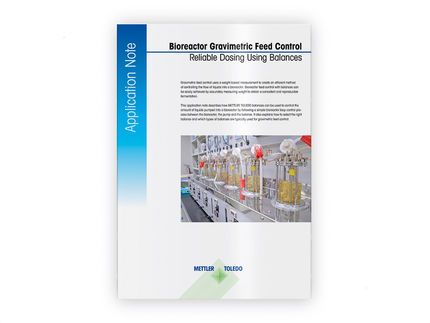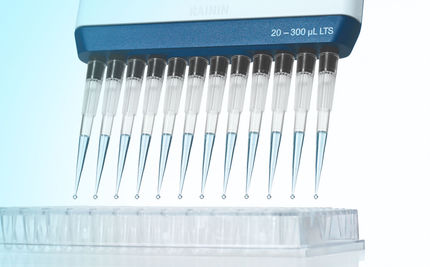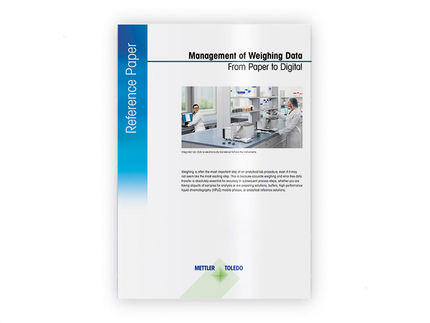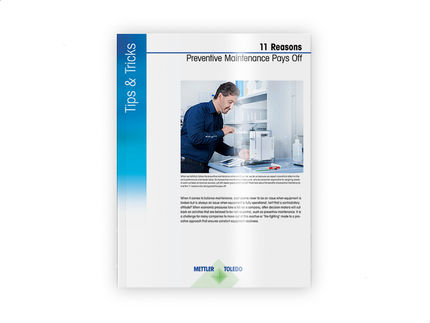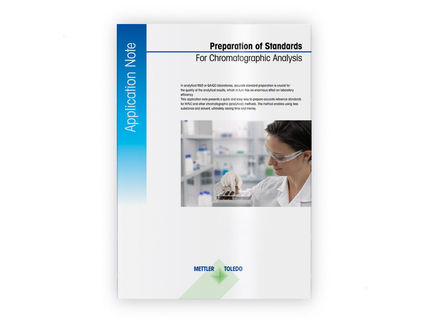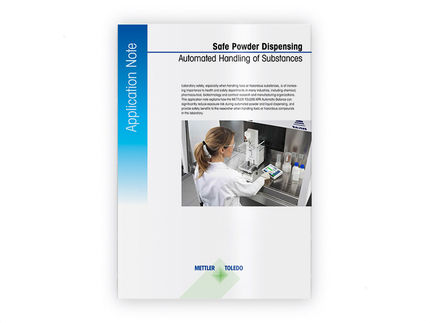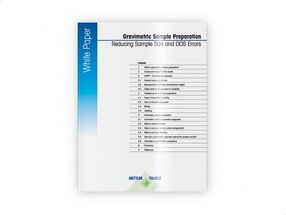Mettler-Toledo
Gravimetric sample preparation – reducing sample size and OOS errors
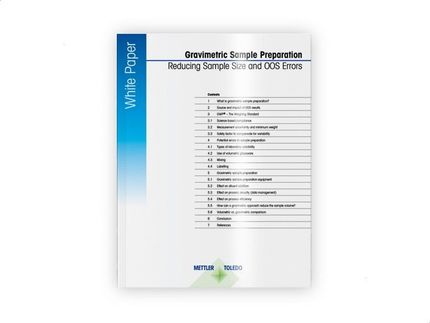
The benefits of gravimetric sample preparation compared to traditional volumetric methods
Over 50% of out-of-specification (OOS) results in analytical workflows are reportedly caused by sample processing and operator errors. Using automated Gravimetric Sample Preparation and following the Good Weighing Practice™ (GWP®) can help reduce data variability and OOS results. Find out about the benefits of Gravimetric Sample Preparation compared to traditional volumetric methods.
By automating solid and liquid dispensing to prepare precise concentrations, dilution errors and the human element are removed – ensuring that you are within the specifications. Commonly, 60% of FTE time in an analytical laboratory is spent on sample processing, a tedious and time-consuming job. On top of this, many laboratories tend to test their weighing equipment too often and perform the wrong kinds of tests, further reducing the productivity of their scientists.
A new white paper has been published that compares gravimetric dispensing to traditional volumetric methods and gives insight into innovative ideas to help you simplify your work and free more time to concentrate on more rewarding tasks. Read how to implement new techniques to improve sample preparation workflows and reduce the risk of out-of-specification results!
Advertisement
White Paper classification
White papers on related topics
Products on related topics
Manufacturers of similar products
See the theme worlds for related content
Topic world Weighing
Precise weighing is critical in laboratory and industrial environments. From accurate dosing of chemicals for research experiments to mass production of products, precise weight determination is often the first and most critical step. Modern balances and weighing instruments are sophisticated, offer impressive precision and are resilient to external influences such as temperature and humidity.

Topic world Weighing
Precise weighing is critical in laboratory and industrial environments. From accurate dosing of chemicals for research experiments to mass production of products, precise weight determination is often the first and most critical step. Modern balances and weighing instruments are sophisticated, offer impressive precision and are resilient to external influences such as temperature and humidity.



